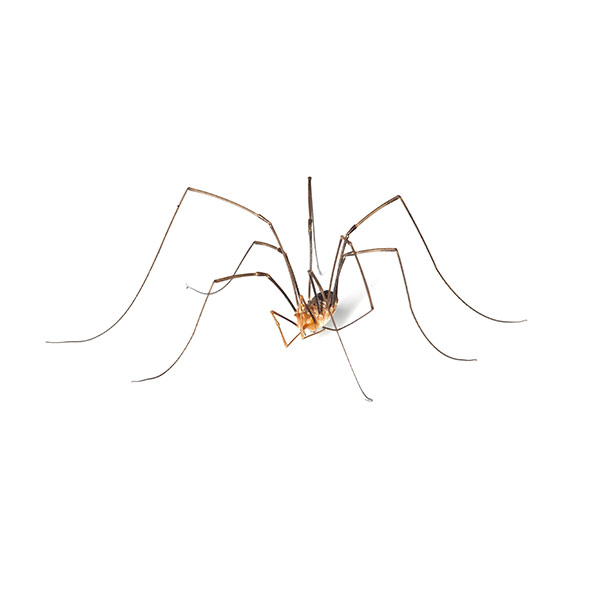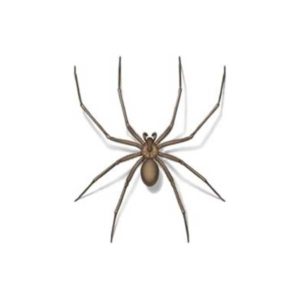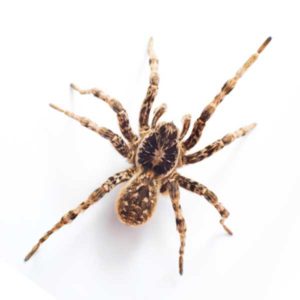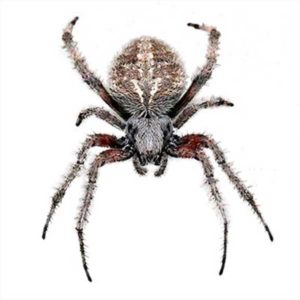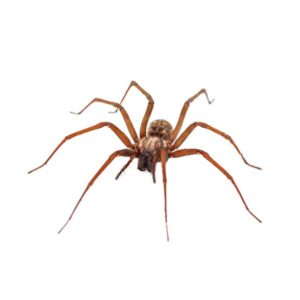Harvestmen / Daddy Longlegs in Central TN
Harvestmen, otherwise known as daddy longlegs, are often confused with spiders, but harvestmen are not true spiders. The name harvestmen came from their visibility in late summer and fall at harvest time. Harvestmen do not have silk glands and cannot spin webs. This species is known for its extremely long, thin legs and compact oval bodies. Harvestmen are sometimes a nuisance around structures where they congregate by the dozens, but they are not harmful to humans, animals, buildings, or crops.
Harvestmen / Daddy Longlegs Habitat
Harvestmen need humid places to live and are most often found in forests and caves, climbing on rocks and vegetation. During warm months, harvestmen are extremely common on the shady sides of buildings, underneath eaves, in crawl spaces, and on trees, in both rural and urban environments. In the fall, harvestmen will gather in large groups or swarms on the sides of buildings, moving simultaneously, resembling a wiggling mass, which can be disturbing for predators or homeowners.
Harvestmen Behaviors, Threats, or Dangers
Harvestmen are beneficial predators in the garden because they eat aphids, spiders, and other garden pests. Harvestmen do not bite, or produce venom and pose no danger to humans. However, if harvestmen feel threatened or are disturbed, they will emit a strange smelling odor that repels potential predators. It is rare for harvestmen to be found in homes, and because they are nocturnal, being most active at night, they can be difficult to detect.
If you are dealing with excess daddy longlegs spiders on your property, contact your local spider exterminators for help.
Need help with Harvestmen / Daddy Longlegs control?
We'll call you! Leave your information below.

